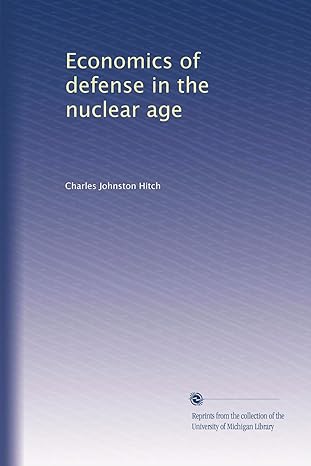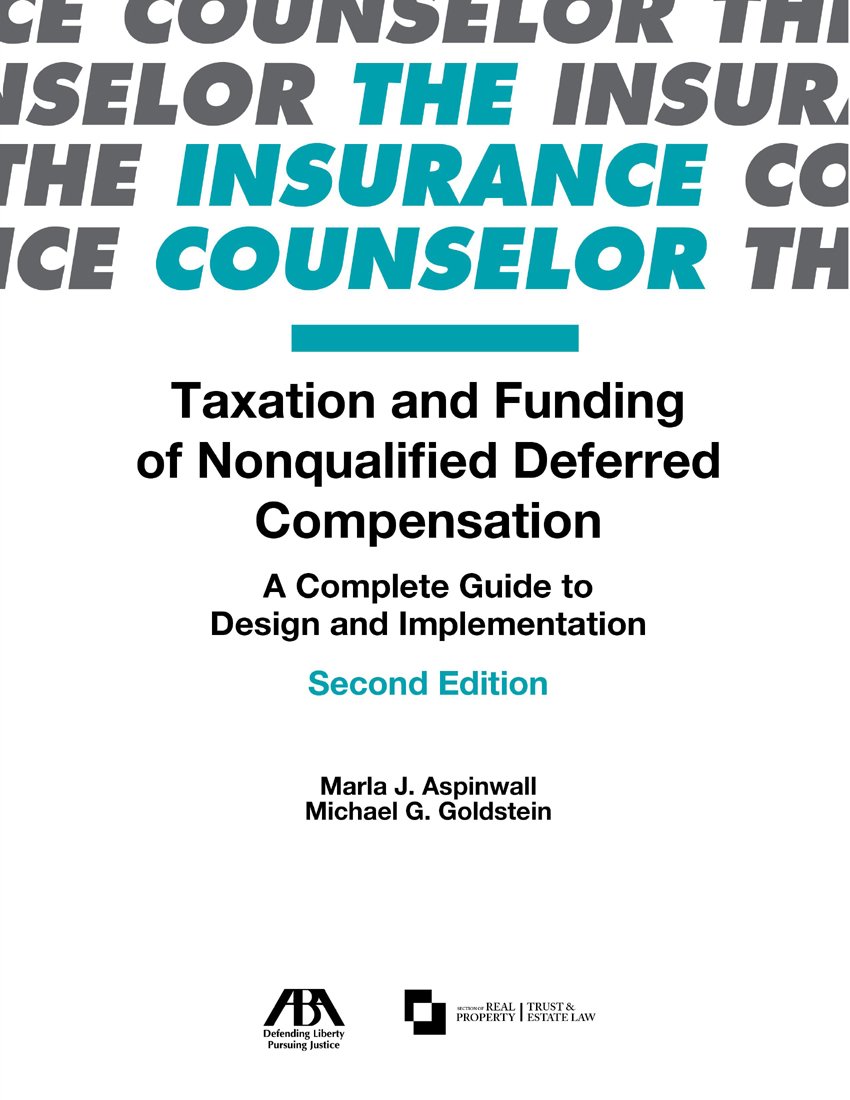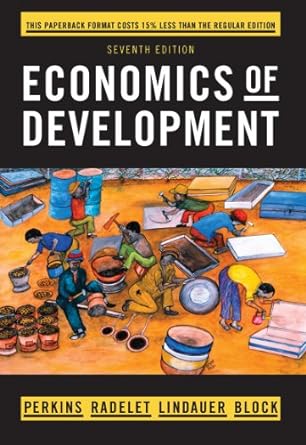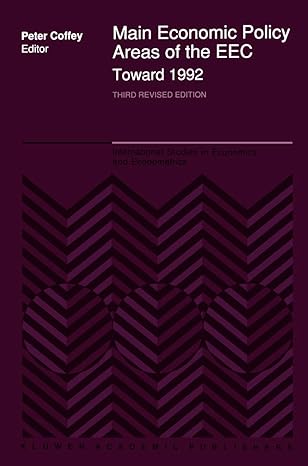Go back

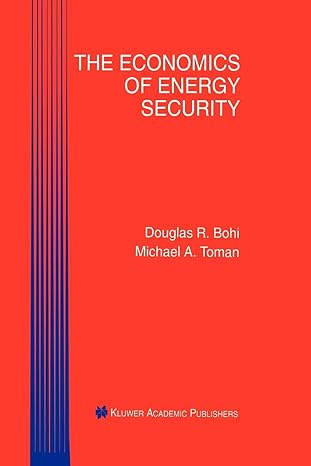
The Economics Of Energy Security(1st Edition)
Authors:
Douglas R. Bohi ,Michael A. Toman

Cover Type:Hardcover
Condition:Used
In Stock
Shipment time
Expected shipping within 2 DaysPopular items with books
Access to 30 Million+ solutions
Free ✝
Ask 50 Questions from expert
AI-Powered Answers
✝ 7 days-trial
Total Price:
$0
List Price: $109.99
Savings: $109.99(100%)
Solution Manual Includes
Access to 30 Million+ solutions
Ask 50 Questions from expert
AI-Powered Answers
24/7 Tutor Help
Detailed solutions for The Economics Of Energy Security
Price:
$9.99
/month
Book details
ISBN: 9401073058, 978-9401073059
Book publisher: Springer
Get your hands on the best-selling book The Economics Of Energy Security 1st Edition for free. Feed your curiosity and let your imagination soar with the best stories coming out to you without hefty price tags. Browse SolutionInn to discover a treasure trove of fiction and non-fiction books where every page leads the reader to an undiscovered world. Start your literary adventure right away and also enjoy free shipping of these complimentary books to your door.
Book Summary: his volume brings together and expands on research on the subject of energy T security externalities that we have conducted over a twenty-year period. We were motivated to bring this work together by the lack of a comprehensive analysis of the issues involved that was conveniently located in a single document, by the desire to focus that disparate body of research on the assessment of energy security externalities for policy purposes, and by the continuing concern of researchers and policymakers regarding the issues involved. Many misconceptions about energy security continue to persist in spite of a large body of research to the contrary, and we hope that this volume will help to dispel them. Most of our original research was funded by either the U.S. Department of Energy or Resources for the Future (RFF), and all of it was conducted while we served as staff members of RFF. To these institutions, and to the many individuals who commented on our original work, we wish to express our sincere gratitude. We also wish to express our appreciation to our colleague Margaret Walls for her sub stantial contribution to Chapter 7 on transportation policy.
Customers also bought these books
Frequently Bought Together
Top Reviews for Books
Fahad Abdullah
( 5 )
"Delivery was considerably fast, and the book I received was in a good condition."


